Wagu steaks, the epitome of culinary excellence, embark us on a gastronomic adventure where marbled perfection meets exquisite flavor and unparalleled texture. These highly prized cuts of beef, originating from the legendary Wagyu cattle of Japan, have captivated the palates of discerning diners worldwide.
Indulge in the intricate marbling of Wagyu steaks, a symphony of fat and muscle that creates an unparalleled melt-in-your-mouth experience. Explore the nuances of different grades, each boasting its own unique characteristics and exceptional quality. Delve into the rich history of Wagyu cattle, tracing their origins from the lush pastures of Japan to their global culinary acclaim.
Wagyu Steaks: An Overview
Wagyu steaks are renowned for their exceptional quality and luxurious flavor. These steaks originate from Wagyu cattle, a breed of Japanese cattle known for its distinctive marbling and rich flavor profile.
Unique Characteristics
Wagyu steaks are characterized by their intense marbling, which refers to the fine streaks of fat running through the meat. This marbling contributes to the steak’s tenderness, juiciness, and distinctive flavor. Wagyu steaks also have a higher concentration of monounsaturated fats, which are considered healthier than saturated fats.
Grades of Wagyu Beef
Wagyu beef is graded based on its marbling, yield, meat color, and fat color. The Japanese Meat Grading Association (JMGA) uses a scale from A1 to A5, with A5 representing the highest quality grade. Wagyu steaks with higher grades tend to be more tender, flavorful, and expensive.
Wagyu steaks, renowned for their exquisite marbling and buttery tenderness, have captivated steak enthusiasts worldwide. However, for those seeking a more casual yet equally delectable indulgence, wagyu burgers offer an irresistible alternative. Crafted from the same premium Wagyu beef, these burgers deliver a symphony of flavors and textures, with each bite revealing the perfect balance of richness and juiciness.
Yet, while wagyu burgers provide a delightful departure from traditional steaks, they ultimately share the same exceptional heritage, ensuring an unforgettable culinary experience.
History of Wagyu Cattle
Wagyu cattle originated in Japan centuries ago and were initially used for agricultural purposes. In the 19th century, the Japanese government began to selectively breed Wagyu cattle for their meat quality. Today, Wagyu cattle are highly prized for their exceptional marbling and flavor, and they are exported to many countries around the world.
Wagyu Steak Cooking Techniques
Wagyu steaks, renowned for their exquisite flavor and tenderness, demand meticulous cooking techniques to fully realize their culinary potential. From the art of grilling to the precision of sous vide, understanding the optimal methods and mastering temperature control is paramount to achieving an unforgettable dining experience.
Grilling
Grilling offers a classic and versatile approach to cooking Wagyu steaks. The intense heat of the grill caramelizes the steak’s exterior, creating a tantalizing crust while leaving the interior juicy and succulent. To achieve the perfect grill, ensure an even temperature distribution and avoid overcooking. Season the steak liberally with salt and pepper, or experiment with flavorful rubs and marinades to enhance its taste.
Pan-Searing
Pan-searing is an ideal technique for achieving a flavorful and evenly cooked steak. Heat a heavy-bottomed skillet over high heat and sear the steak for 2-3 minutes per side. This method creates a delectable crust while preserving the steak’s tenderness. Baste the steak with butter or oil during cooking to add moisture and enhance its flavor profile.
Sous Vide
Sous vide is a modern and precise cooking technique that involves sealing the steak in a vacuum-sealed bag and cooking it in a temperature-controlled water bath. This method allows for exceptional control over the steak’s internal temperature, resulting in an incredibly tender and evenly cooked result. Sous vide cooking typically requires a longer cooking time compared to other methods but yields remarkable consistency and flavor.
Achieving Perfect Doneness
Mastering the art of cooking Wagyu steaks lies in achieving the desired level of doneness. A meat thermometer is essential for monitoring the internal temperature of the steak to ensure it reaches the preferred doneness. Rare steaks are cooked to an internal temperature of 125°F (52°C), while medium-rare is 130-135°F (54-57°C), medium is 135-140°F (57-60°C), and medium-well is 140-145°F (60-63°C).
Wagyu Steak Recipes
Wagyu steak is a luxurious and flavorful cut of meat that can be cooked in a variety of ways. Here are a few recipes to get you started:
Classic Wagyu Steak
- Ingredients:
- 1 Wagyu steak
- Salt and pepper to taste
- Olive oil
- Steps:
- Season the steak with salt and pepper.
- Heat the olive oil in a large skillet over medium-high heat.
- Sear the steak for 2-3 minutes per side, or until cooked to your desired doneness.
- Let the steak rest for 5-10 minutes before slicing and serving.
Innovative Wagyu Steak
- Ingredients:
- 1 Wagyu steak
- 1/2 cup soy sauce
- 1/4 cup mirin
- 1/4 cup sake
- 1 tablespoon brown sugar
- 1 tablespoon cornstarch
- 1 tablespoon water
- 1 tablespoon vegetable oil
- Steps:
- In a small bowl, whisk together the soy sauce, mirin, sake, brown sugar, cornstarch, and water.
- Heat the vegetable oil in a large skillet over medium-high heat.
- Sear the steak for 2-3 minutes per side, or until cooked to your desired doneness.
- Add the sauce to the skillet and cook until thickened, about 1 minute.
- Pour the sauce over the steak and serve.
Wagyu Steak Pairings
Wagyu steaks, renowned for their rich and flavorful profile, demand equally exceptional wine pairings to elevate the dining experience. The key lies in selecting wines that complement the steak’s characteristics without overpowering its delicate nuances.
Bold red wines with robust tannins and a full-bodied structure stand as ideal companions for Wagyu steaks. These wines provide a firm foundation to match the steak’s intense flavor, while their tannins help cut through the fattiness, creating a harmonious balance.
Cabernet Sauvignon, Wagu steaks
- Hailing from Bordeaux, France, and Napa Valley, California, Cabernet Sauvignon offers a classic pairing for Wagyu steaks.
- Its bold tannins and rich flavors of dark fruit, such as blackcurrant and blackberry, complement the steak’s robust character.
- The wine’s structure provides a solid backbone to support the steak’s weight, enhancing the overall dining experience.
Syrah/Shiraz
- Originating from the Rhône Valley, France, and Australia, Syrah (known as Shiraz in Australia) presents another excellent choice.
- Its medium to full body and spicy, peppery notes harmonize with the steak’s richness.
- The wine’s smoky aromas and flavors add complexity, creating a captivating interplay of flavors.
Barolo
- From the Piedmont region of Italy, Barolo is a prestigious wine renowned for its elegance and complexity.
- Made from the Nebbiolo grape, Barolo exhibits firm tannins and a vibrant acidity that balance the steak’s fattiness.
- Its aromas of red fruit, tar, and roses add a touch of sophistication to the pairing.
Crockpot Recipes Ideas: Wagu Steaks
Crockpots are a convenient and versatile kitchen appliance that can be used to prepare a variety of dishes, including those featuring Wagyu steak.
Wagu steaks, known for their exquisite marbling and buttery flavor, are a culinary delight. While they may not be as commonly found as other cuts of steak, their unique characteristics make them a worthwhile indulgence. If you’re looking for a more affordable alternative, consider trying a salisbury steak recipe.
Salisbury steak is a classic American dish that features ground beef patties smothered in a rich gravy. While it may not have the same luxurious texture as wagu steak, it offers a satisfying and flavorful meal that is easy to prepare.
The following table provides a list of crockpot recipes that incorporate Wagyu steak, along with their ingredients and steps.
Stews
- Ingredients:
- 1 pound Wagyu steak, cut into cubes
- 1 onion, chopped
- 2 carrots, chopped
- 2 celery stalks, chopped
- 2 cloves garlic, minced
- 2 cups beef broth
- 1 cup red wine
- 1 tablespoon Worcestershire sauce
- 1 teaspoon dried thyme
- 1 bay leaf
- Salt and pepper to taste
- Steps:
- In a large bowl, combine the Wagyu steak, onion, carrots, celery, garlic, beef broth, red wine, Worcestershire sauce, thyme, bay leaf, salt, and pepper. Stir to combine.
- Transfer the mixture to a crockpot and cook on low for 8-10 hours, or on high for 4-6 hours.
- Serve the stew over rice or noodles.
Soups
- Ingredients:
- 1 pound Wagyu steak, cut into cubes
- 1 onion, chopped
- 2 carrots, chopped
- 2 celery stalks, chopped
- 2 cloves garlic, minced
- 8 cups beef broth
- 1 cup red wine
- 1 tablespoon Worcestershire sauce
- 1 teaspoon dried thyme
- 1 bay leaf
- Salt and pepper to taste
- Steps:
- In a large pot, brown the Wagyu steak over medium-high heat. Remove the steak from the pot and set aside.
- Add the onion, carrots, celery, and garlic to the pot and cook until softened.
- Add the beef broth, red wine, Worcestershire sauce, thyme, bay leaf, salt, and pepper to the pot. Bring to a boil.
- Add the Wagyu steak back to the pot and reduce heat to low. Simmer for 1-2 hours, or until the steak is tender.
- Serve the soup hot.
Other Slow-Cooked Dishes
- Ingredients:
- 1 pound Wagyu steak, cut into cubes
- 1 onion, chopped
- 2 carrots, chopped
- 2 celery stalks, chopped
- 2 cloves garlic, minced
- 1 cup beef broth
- 1/2 cup red wine
- 1 tablespoon Worcestershire sauce
- 1 teaspoon dried thyme
- 1 bay leaf
- Salt and pepper to taste
- Steps:
- In a large bowl, combine the Wagyu steak, onion, carrots, celery, garlic, beef broth, red wine, Worcestershire sauce, thyme, bay leaf, salt, and pepper. Stir to combine.
- Transfer the mixture to a crockpot and cook on low for 8-10 hours, or on high for 4-6 hours.
- Serve the dish over rice or noodles, or as a filling for tacos or burritos.
Ultimate Conclusion
Our exploration of Wagu steaks concludes with a resounding appreciation for their unmatched quality and versatility. Whether savored grilled, pan-seared, or sous vide, these culinary masterpieces demand meticulous preparation and an unwavering pursuit of perfection. As we bid farewell to the world of Wagu steaks, let us carry with us the memory of their exquisite flavor, a testament to the dedication and artistry of those who bring this culinary treasure to our tables.
General Inquiries
What factors contribute to the exceptional quality of Wagu steaks?
Wagu steaks owe their unparalleled quality to a combination of genetic predisposition, meticulous breeding practices, and a specialized diet that promotes intramuscular fat development, resulting in the distinctive marbling that defines these cuts.
How should Wagu steaks be cooked to achieve optimal flavor and texture?
To preserve the inherent qualities of Wagu steaks, it is essential to employ gentle cooking methods such as grilling, pan-searing, or sous vide. These techniques allow for precise temperature control, ensuring that the meat is cooked evenly while retaining its juiciness and tenderness.
What are the key differences between the various grades of Wagu beef?
The grading system for Wagu beef is based on several factors, including marbling, meat color, and texture. Higher grades, such as A5 and A4, indicate exceptional marbling and superior quality, resulting in a more intense flavor and melt-in-your-mouth texture.
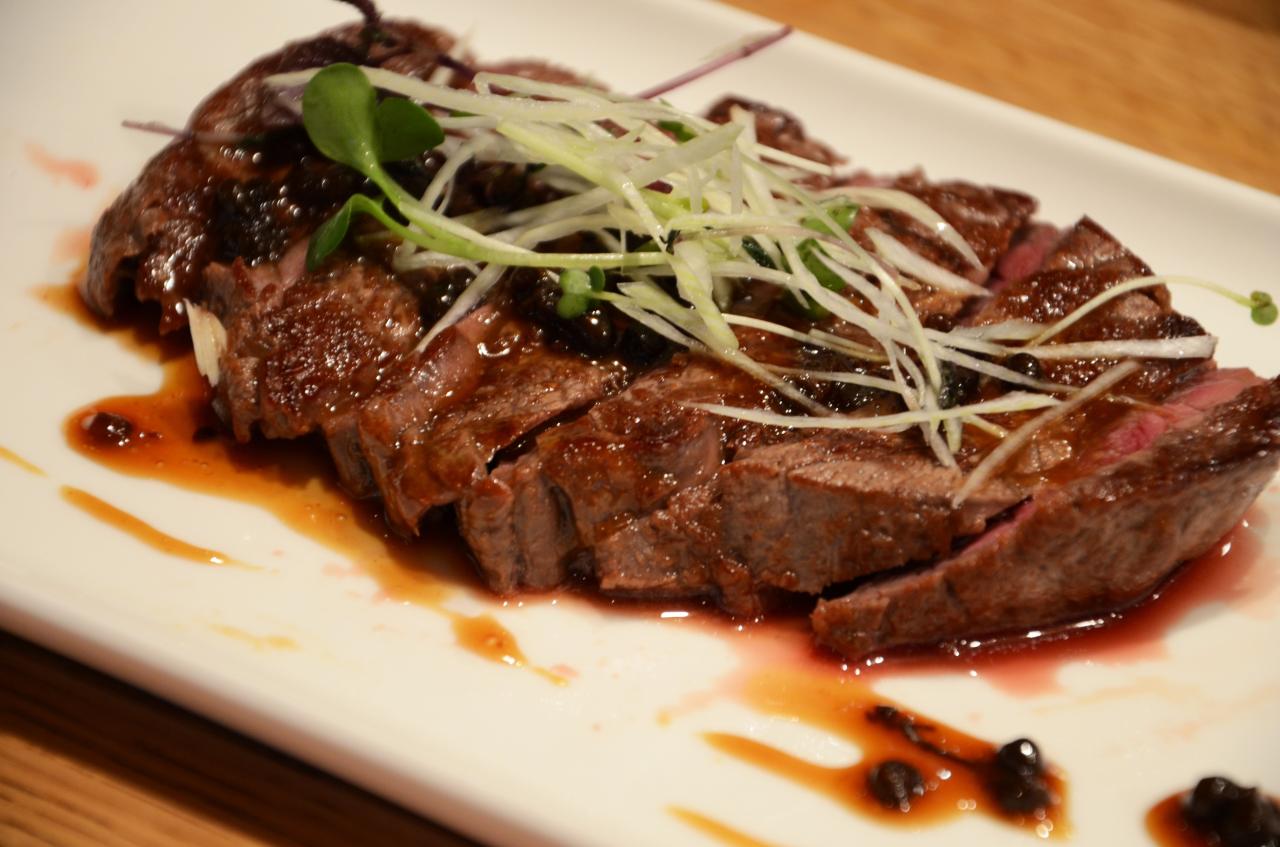
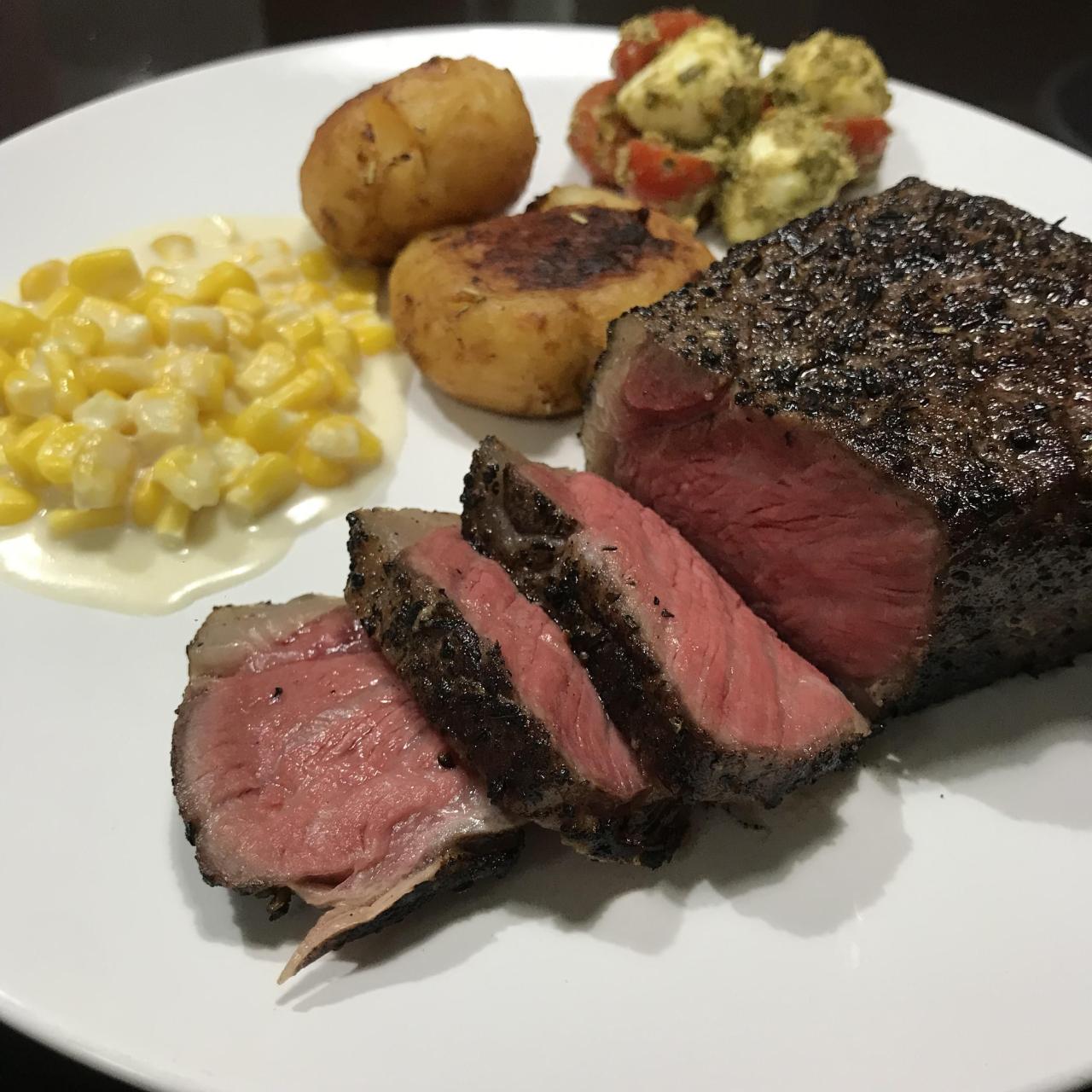
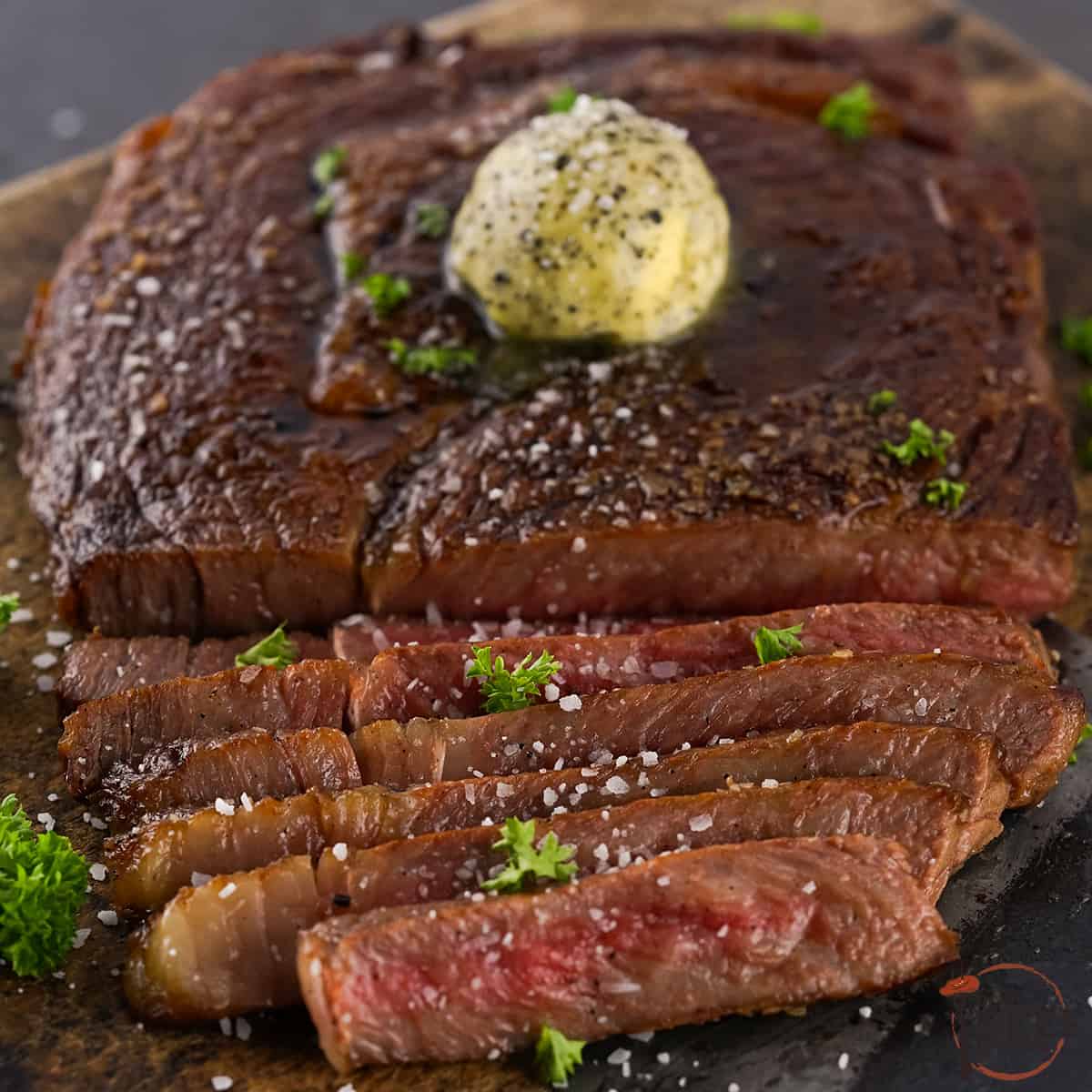
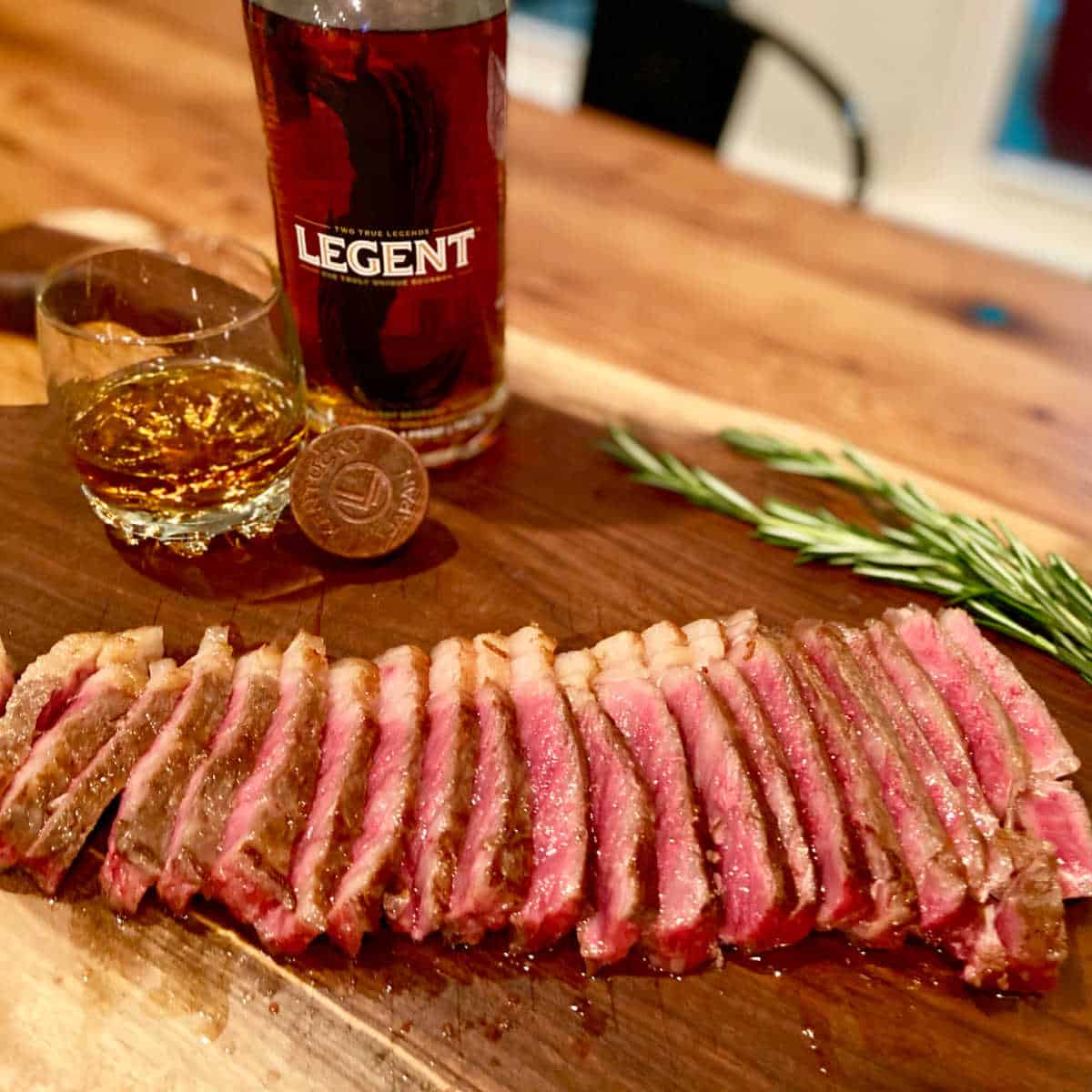
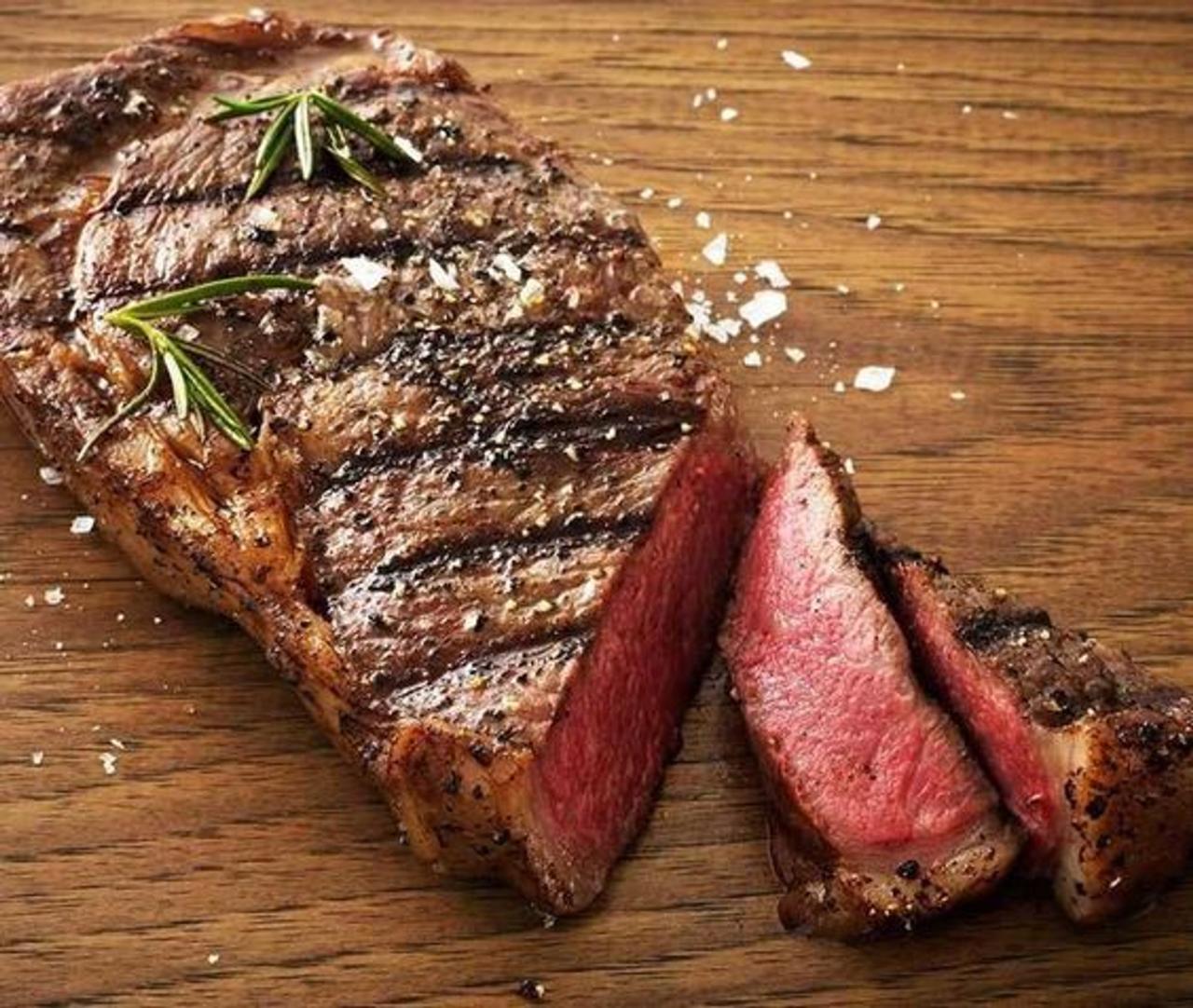
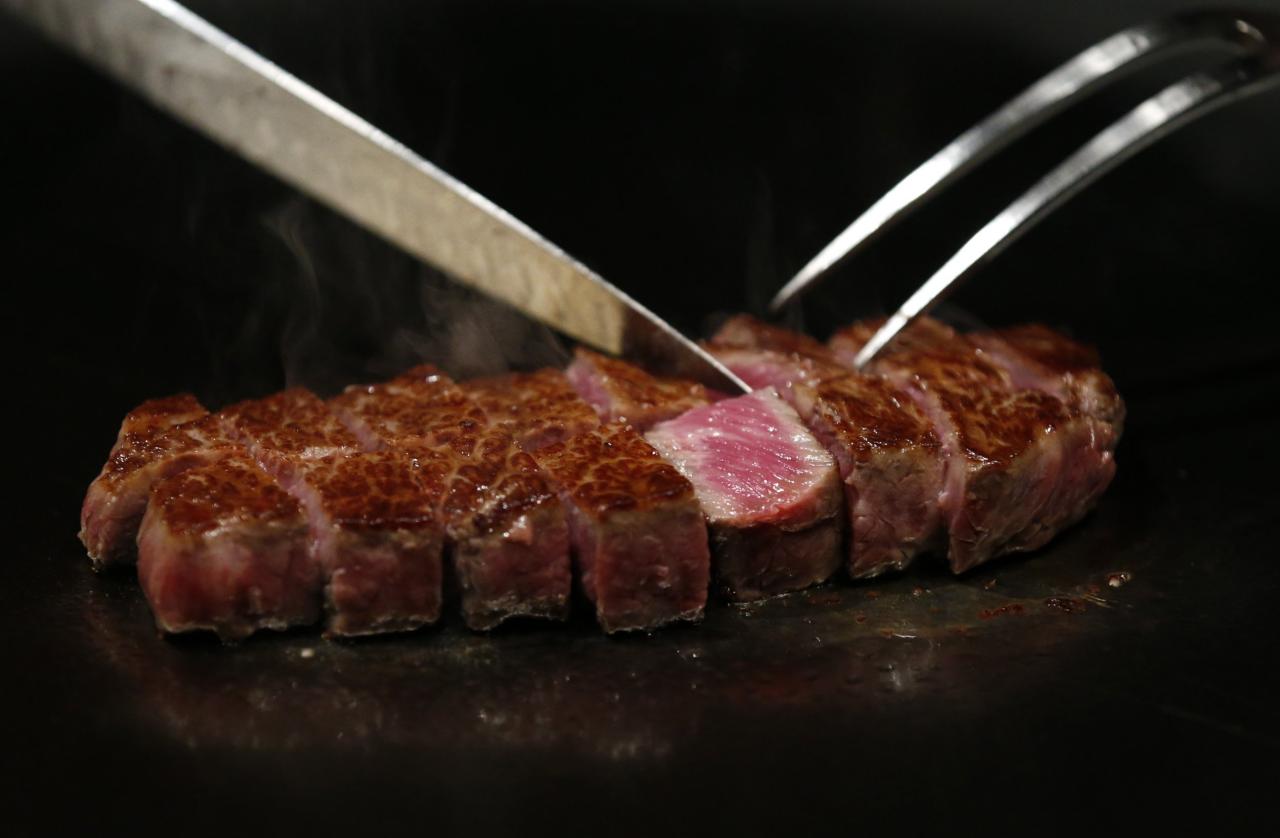
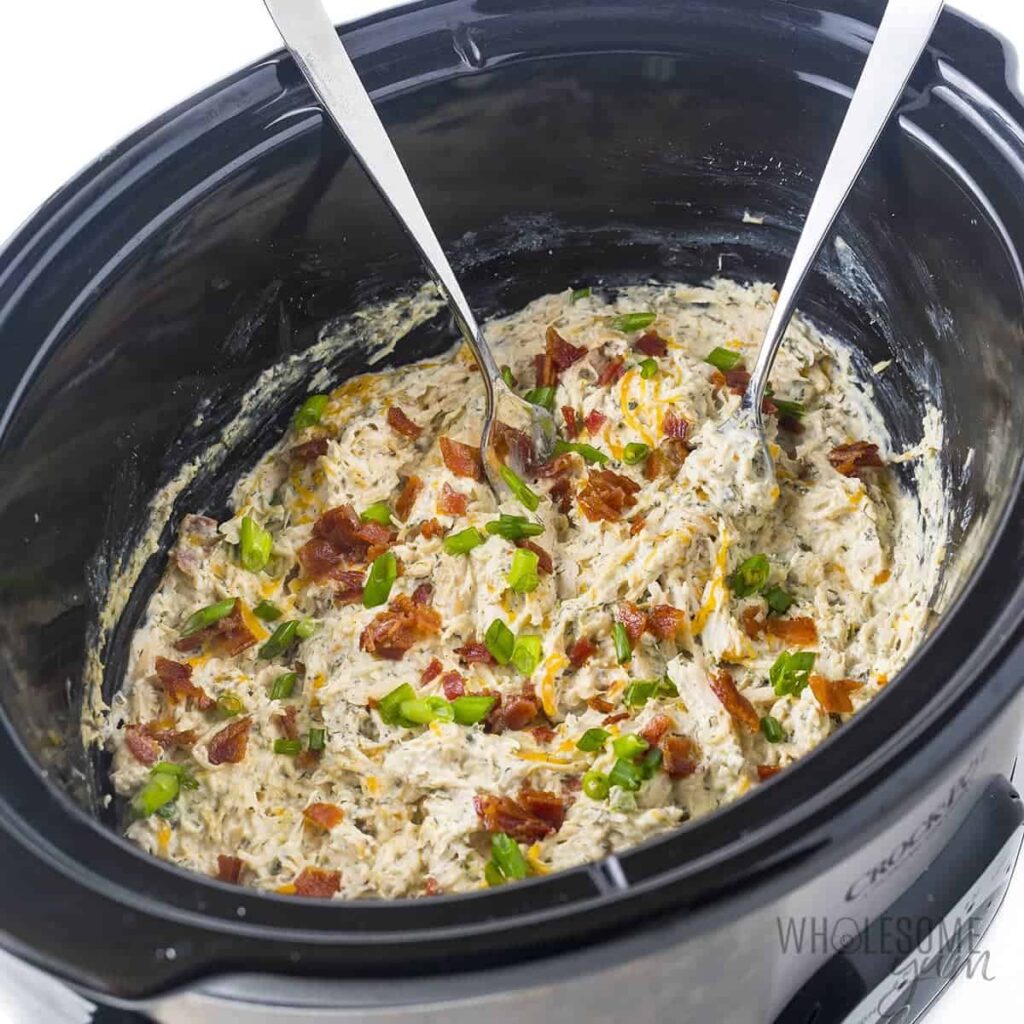
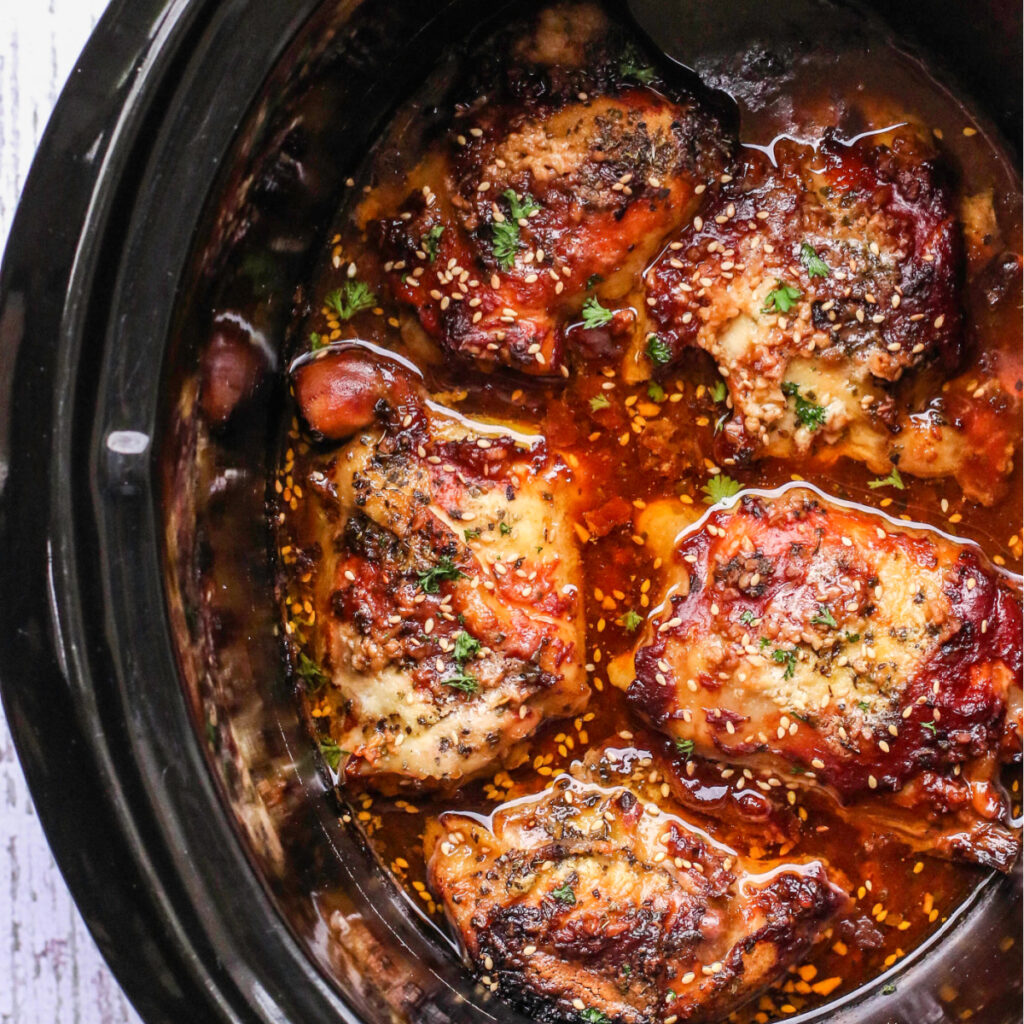
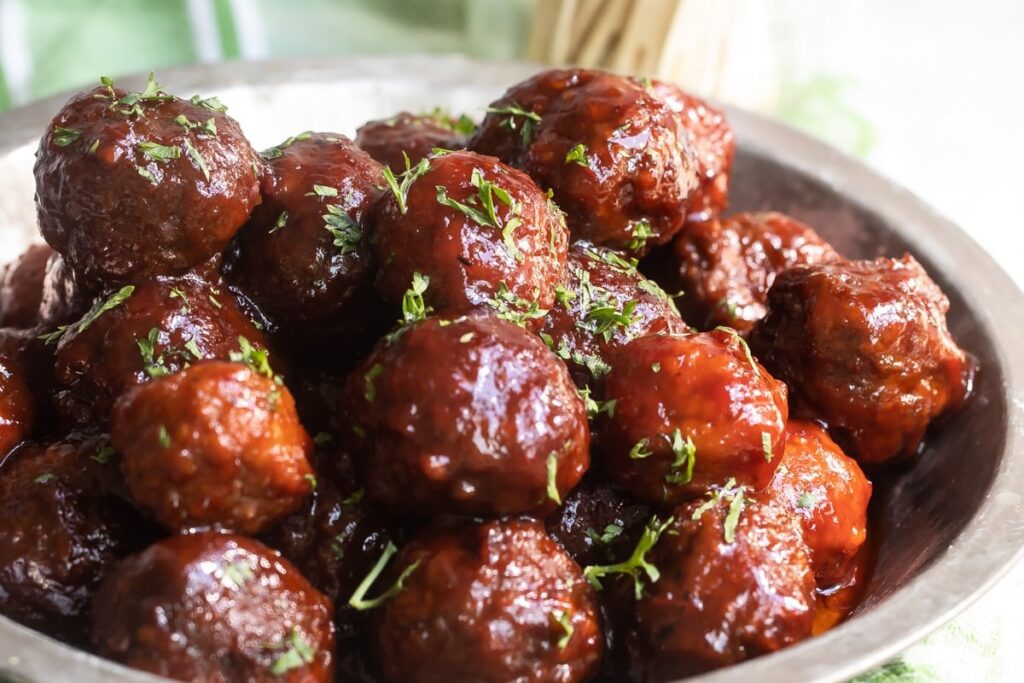
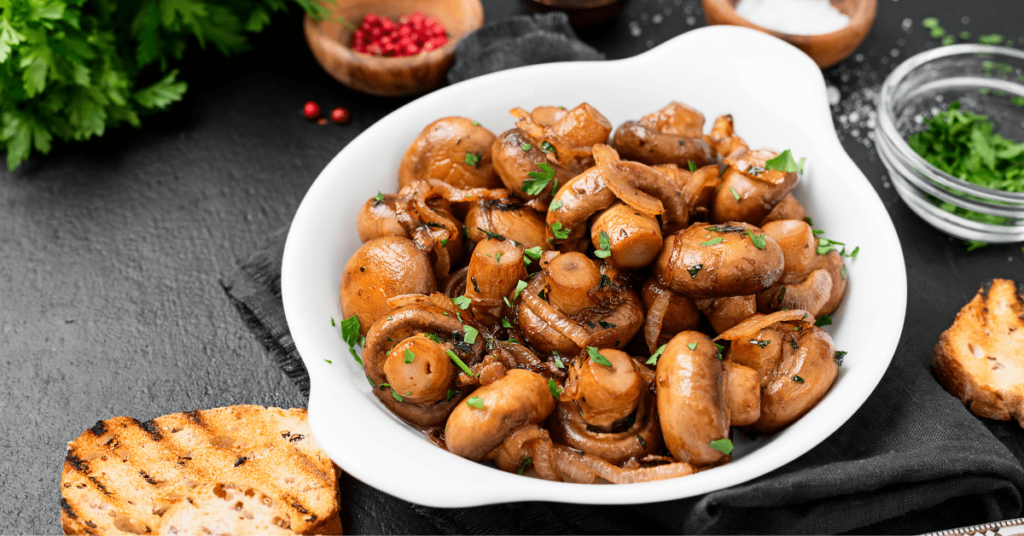
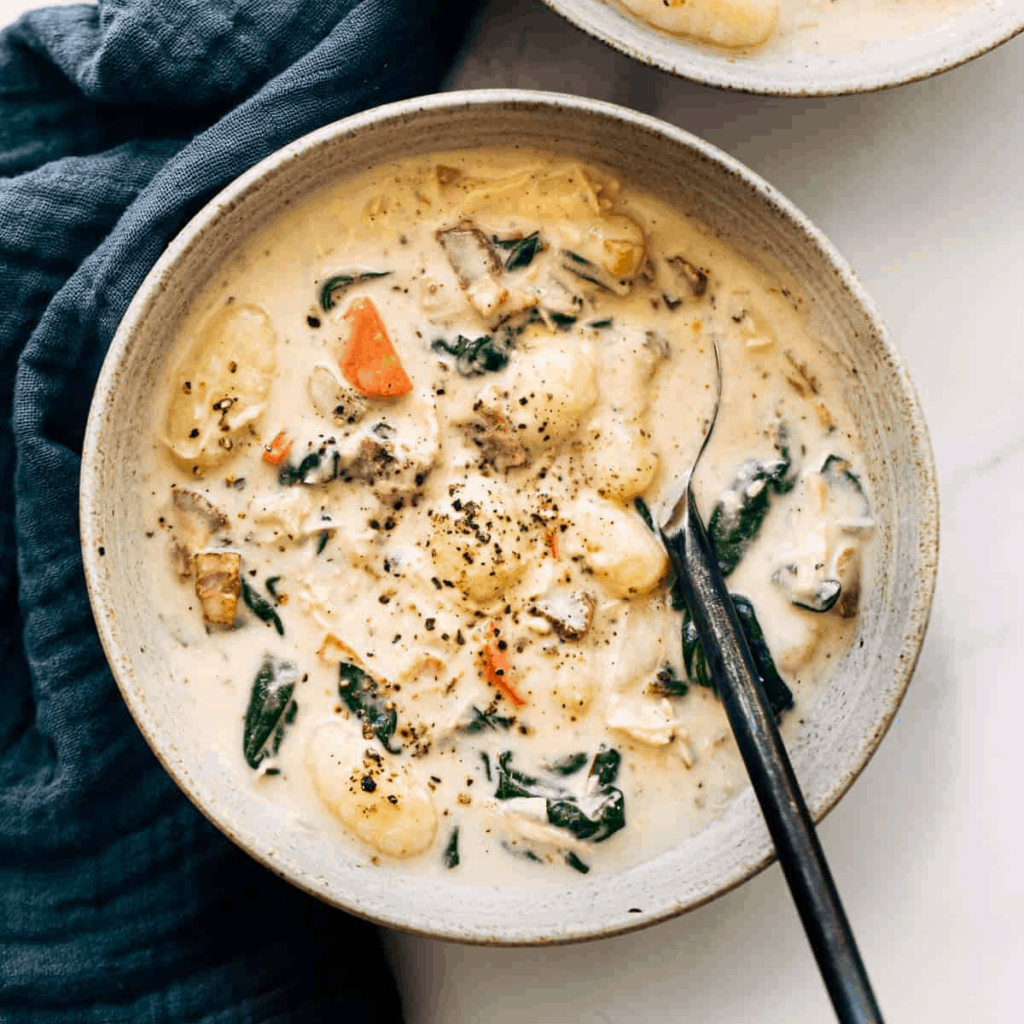
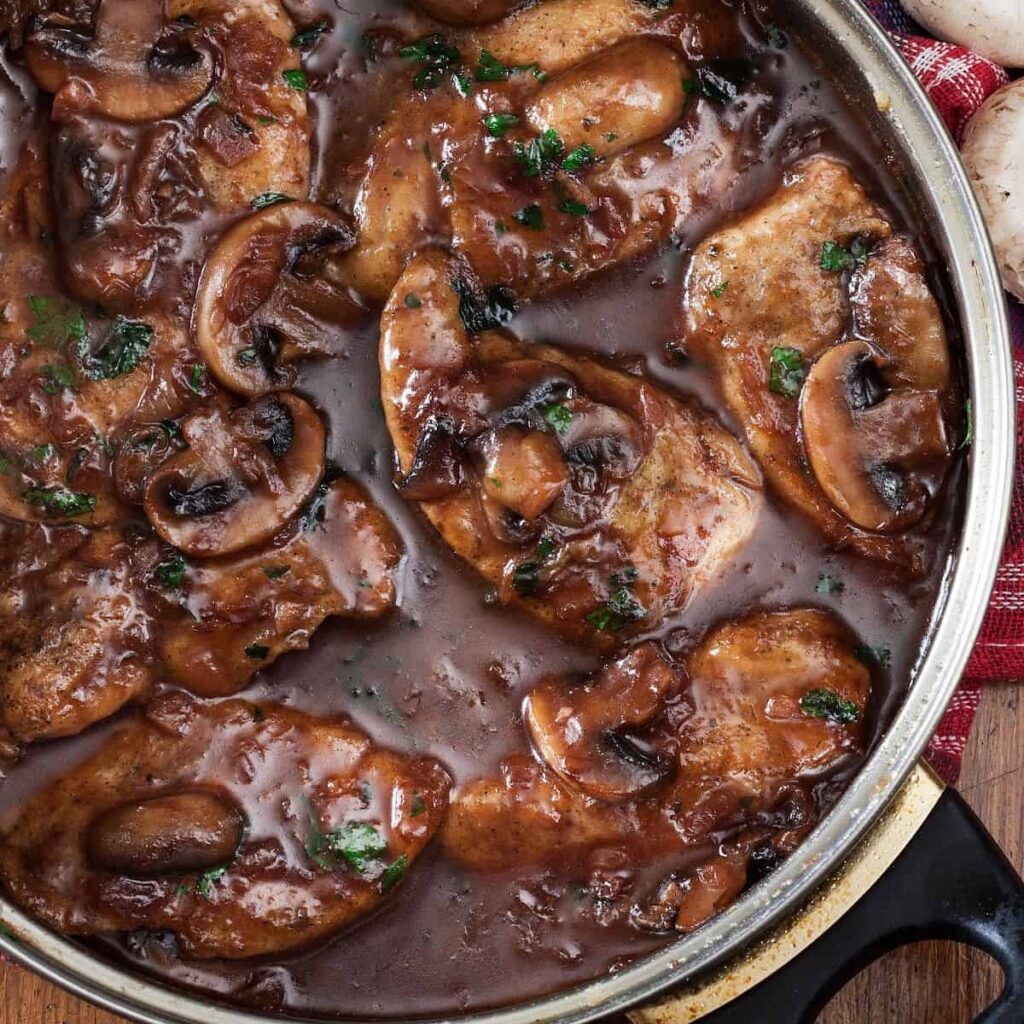
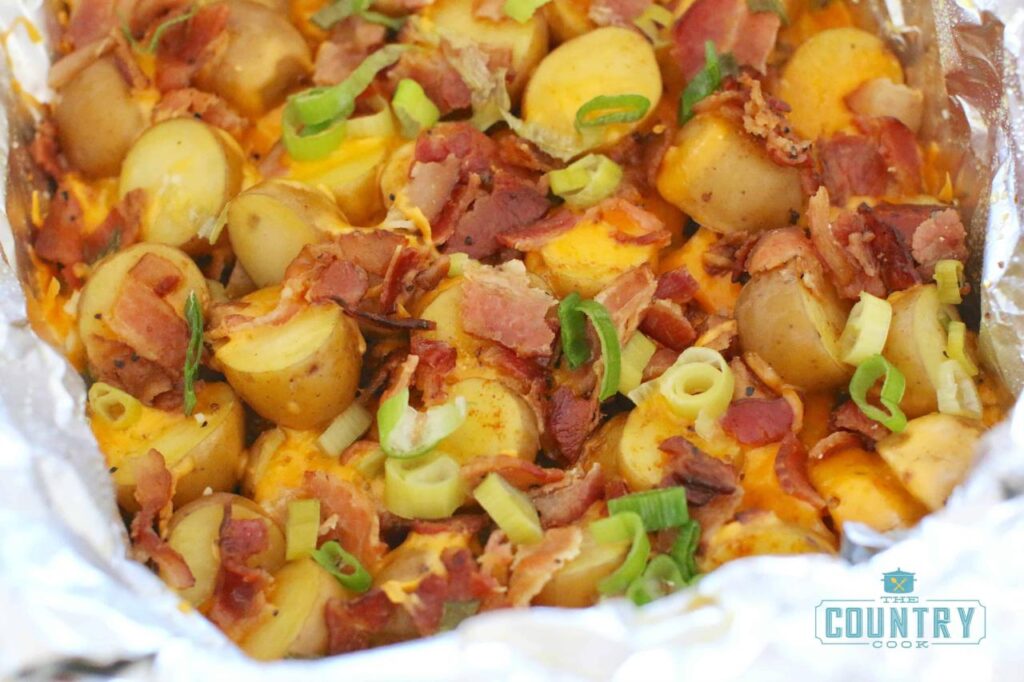
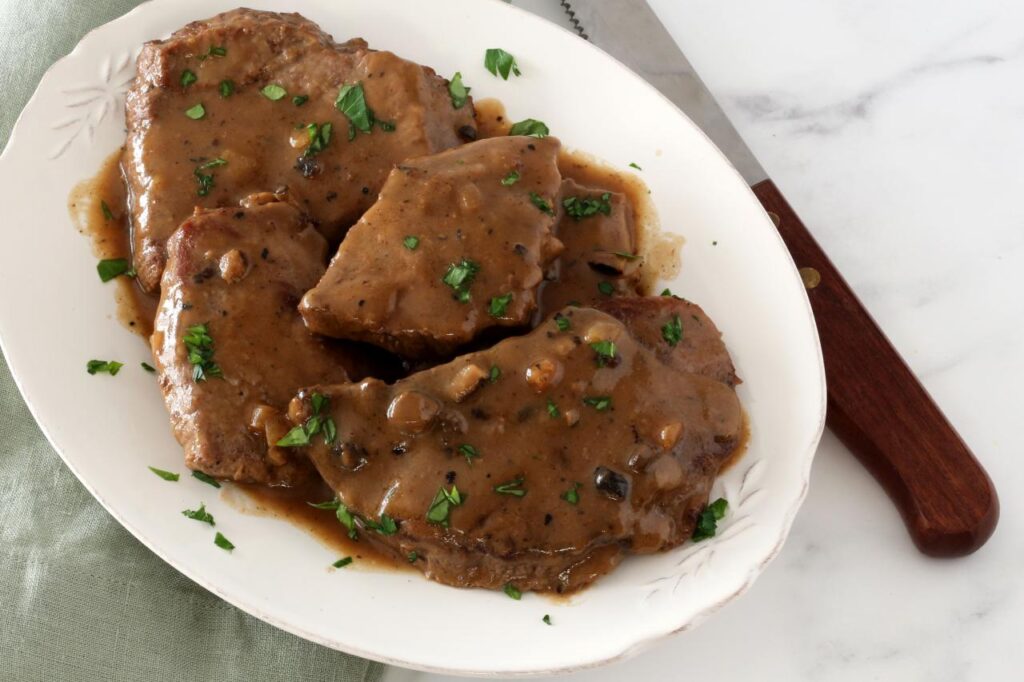
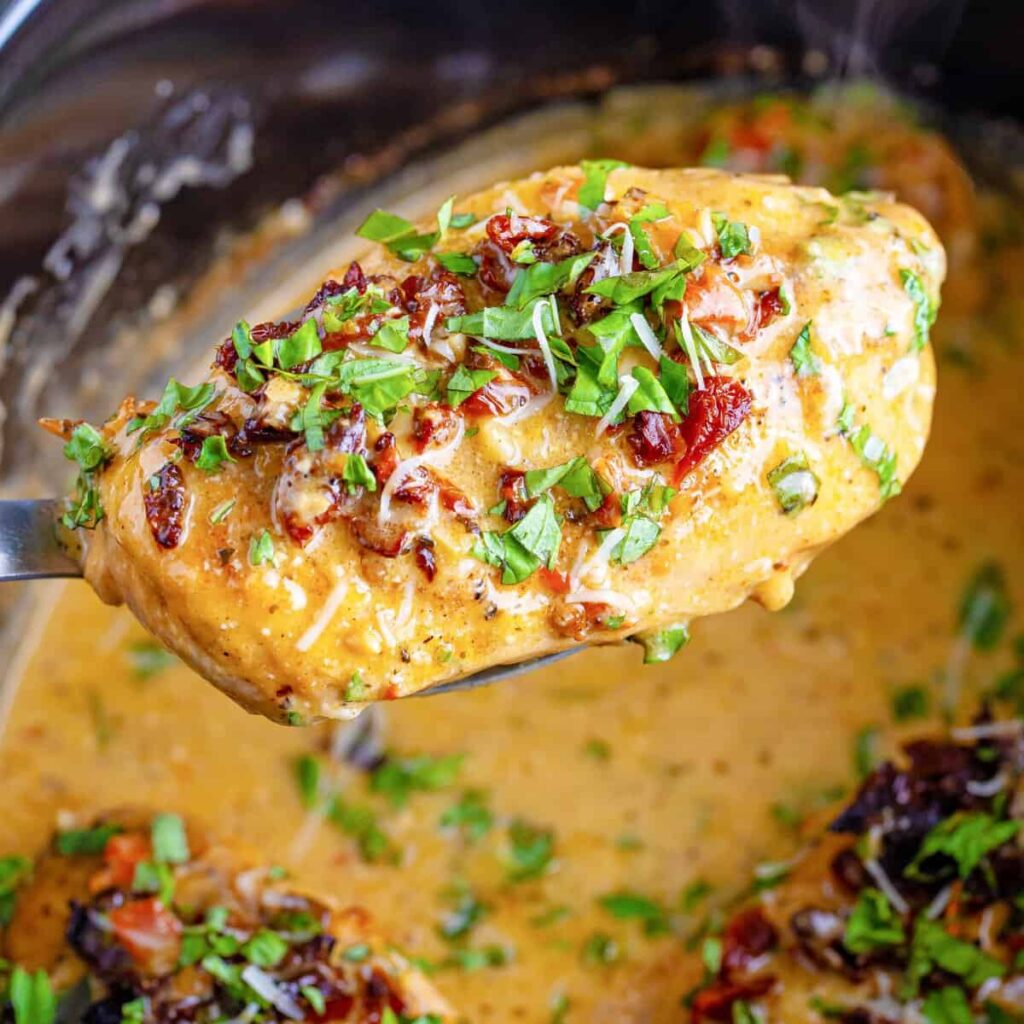

2 thoughts on “Wagu Steaks: A Culinary Journey into the Worlds Finest Beef”